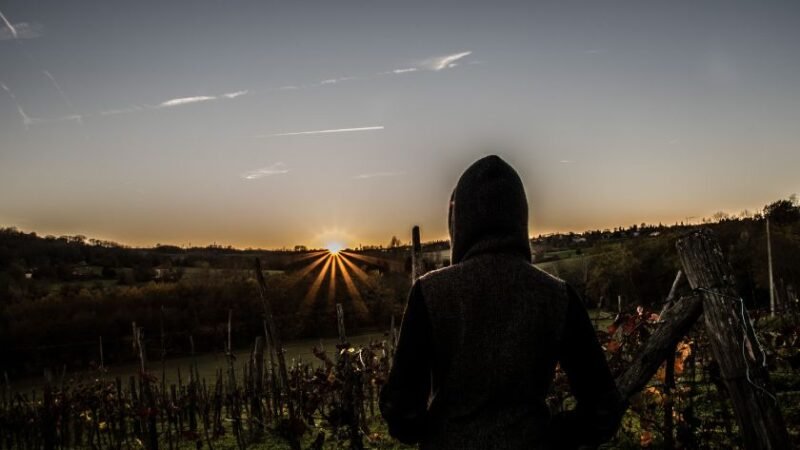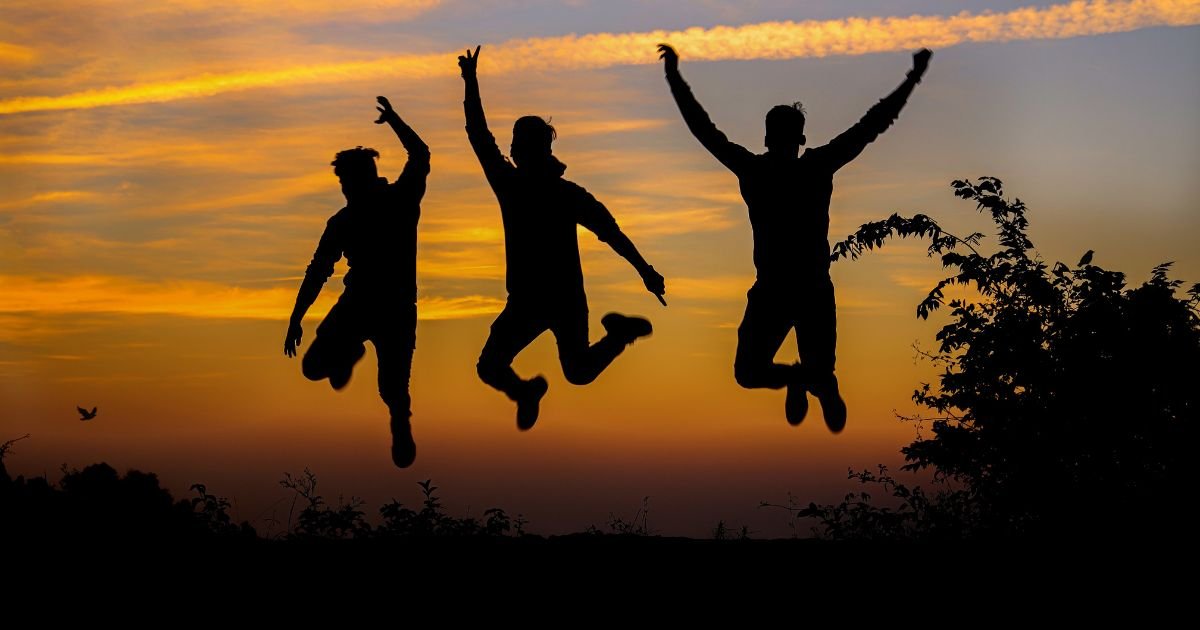Who are we really looking at when we travel?
When we cross borders, whether geographical or cultural, do we really know who we're going to meet? Beneath the smiles exchanged, the photos taken on the fly, the words hastily translated, there's a mystery: that of the other. Travel, in its noblest form, is an invitation to step outside ourselves, to open up to authentic otherness. Yet, all too often, we merely pass through human scenery without ever really living in it. Who are we really looking at? The market vendor or the stereotype we project onto him? The woman in traditional costume, or the image we've come to expect of this country? To begin a journey is also to question our gaze, our presence. What if, instead of trying to "see the world", we first tried to feel it? Because behind every face we meet, there's a story, a dignity, a human richness that only respectful silence and sincere curiosity can truly encounter. The real journey begins when we dare to strip ourselves of our expectations.
Tourism and its shadows: a mirror of our choices
Tourism, as it developed in the 20th century, is a disturbing reflection of our modern desires: to consume landscapes, to collect cultures, to escape without getting involved. Every year, millions of travellers criss-cross the globe, often guided by images rather than encounters. But what do we leave behind? A crushing carbon footprint, local communities often relegated to the status of extras, a standardization of traditions. Mass tourism has sometimes dispossessed people of their rituals, turned neighborhoods into showcases, lives into spectacles. This reality is not inevitable, but a wake-up call. Choosing sustainable tourism means refusing to be complicit in an unequal relationship between traveler and host. It's about giving meaning to encounters, value to time, room for respect. Every choice of destination, accommodation and activity is a political act. It shapes the world we help to build. What if we were to turn the way we travel into a mirror of our commitments?
Travelling differently: a pact of responsibility
To travel consciously is to accept that our presence has a weight, and that this weight can be light, carrying a link rather than an imprint. It begins with an essential question: why do we travel? Is it to escape or to understand? To consume or to participate? Responsible tourism is not a fad, it's an ethic. It means asking ourselves, at every stage, how we can honor the place and those who live there. Favoring ecotourism, staying with local people, participating in local initiatives: these are all ways of traveling with your heart, not your wallet. Travelling differently also means accepting slowness, a genuine change of scenery and raw reality. It means saying no to meaningless folklore, yes to genuine exchange. Setting out with humility means recognizing that we have as much to receive as we have to offer. And in this posture, the encounter becomes sacred. The world is no longer a map to be traversed, but a constellation of humanities to be honored.
The beauty of the world, a call for preservation
Sometimes all it takes is a sunrise over the Atlas Mountains, a child singing in a Hanoi alleyway, a conversation around a fire in the Andes to make you realize the obvious: this world is precious. This beauty, whether wild, urban or human, is not a decoration. It is alive, fragile and offered. Sustainable tourism is born of this recognition. It's no longer about capturing beauty, but about listening to it. Traveling not to consume, but to contemplate. Every place has its own music, every people its own wisdom. Respect begins with wonder. By choosing to travel gently, to favor less polluting modes of transport, to support cultural or natural conservation initiatives, we become the discreet guardians of this living heritage. The world doesn't need tourists, it needs allies. Those who know how to stand back so as to hear better, who walk slowly so as not to damage anything. Because to love the world is to want to protect it.
What are you looking for on your trip?
In every journey there is a desire, often unconscious, for transformation. But what kind of metamorphosis are we looking for? Are we ready to let others change us? To question our certainties? Responsible travel moves us, both literally and figuratively. It teaches us vulnerability, silence and listening. It teaches us that hospitality is a gift, that difference is richness, that the world is not there to satisfy our expectations, but to broaden our perspective. Ask yourself this question before each departure: am I really ready to meet someone? To let myself be touched? To learn? The collective consciousness is woven from these small gestures, these personal choices. Travelling then becomes an act of commitment, a field of awakening. The world is an immense school, and every face we meet is a potential teacher. By accepting to be a pupil, we become more human.
Simple gestures for alternative travel
Changing the way we travel doesn't mean giving up, but choosing differently. Finding out about the local culture before you go, learning a few words of the local language, preferring craftsmen to the big chains, respecting dress codes and traditions: these are all simple gestures that build respect. Ecotourism offers many alternatives to destructive tourism: hiking with local guides, participation in community projects, sustainable accommodation. Travelling in low season also reduces the pressure on natural sites and local populations. Choosing to travel by train rather than by plane, whenever possible, is both ecological and poetic. It is these choices, repeated over and over again, that redefine the contours of travel. It's not so much the distance covered that counts, but the quality of presence. Travelling differently means slowing down, observing, marvelling without imposing. And above all, it means leaving an invisible trace: that of a respectful gaze.
For a future of conscious travellers
Imagine a world where every traveler is a sower of peace, a weaver of bonds, a silent guardian of diversity. This world is not a distant dream: it begins here, in our choices, our words, our steps. Tourism can be an immense lever for transformation if we place it at the service of the living. Responsible travel, far from being a constraint, is an opportunity: the chance to rediscover the world with the eyes of astonishment and the heart of respect. It's time to travel, not to escape everyday life, but to deepen our understanding of it. It's time to invent a way of discovering others that uplifts rather than exploits. The future belongs to conscious travellers, to those who walk with an open mind and a critical spirit. What if you were part of this new generation of ethical nomads?
→ Share your dreams, your ideas, your practices. The world really needs you.






